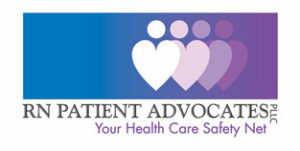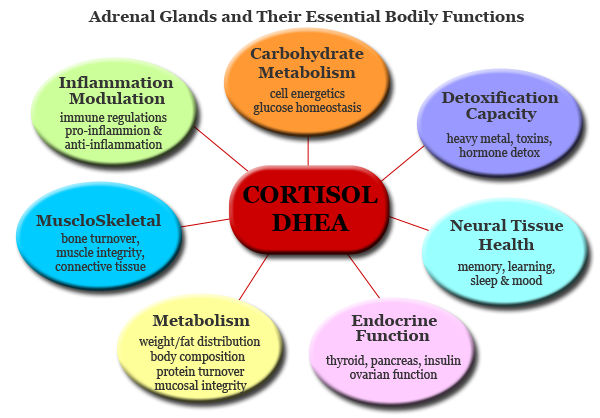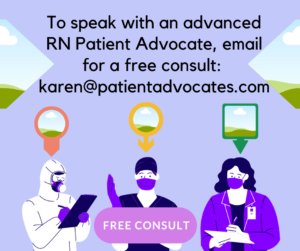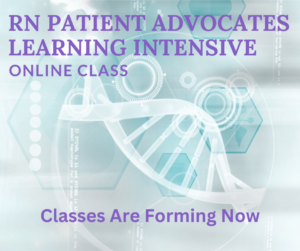Mighty Mitachondria – our body’s battery packs! In all our cells, they produce virtually all the power we need to live a healthy life. What’s the catch?
Mitochondria can be damaged. Why does this matter? Let’s look at what our mitochondria do for us: • Produce ATP (energy) to fuel our metabolic engine • Help to regulate communication between cells and tissues • Increase their mass in response to an increased need for energy • Help to regulate metabolism and use of nutrients So what can go wrong? • Mitochondria can be damaged by free radicals if there are not adequate antioxidants to neutralize them •...







Recent Comments